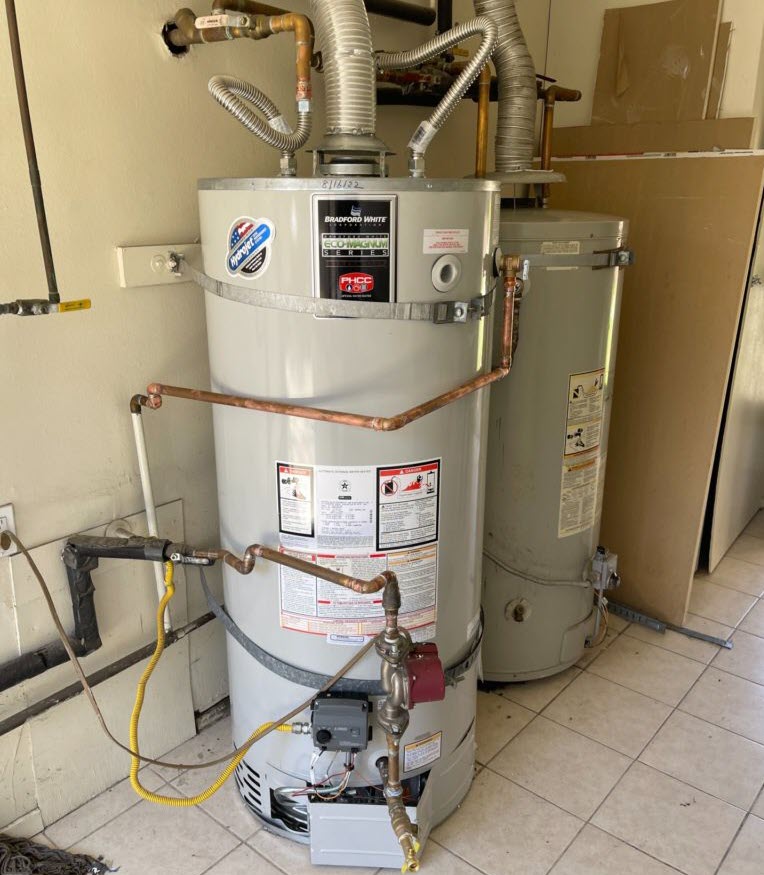Your water heater is one of the most important appliances in your home, providing hot water for bathing, cooking, and cleaning. However, it’s also one of the appliances that can pose a safety risk if not properly maintained. Regular water heater inspections can ensure that your water heater is working correctly and safely.
First, let’s talk about why water heater inspections are essential. A malfunctioning water heater can cause a range of safety hazards, including gas leaks, carbon monoxide poisoning, and fires. Additionally, a damaged or leaking water heater can cause water damage to your home, which can be costly to repair. Regular inspections can help identify and address any issues before they become a more significant problem.
Benefits Of A Water Heater Inspection For Safety
So, what does a water heater inspection involve? A licensed plumber will typically check for the following:
1. Proper installation: The water heater should be installed in compliance with local building codes, with proper clearance around the unit and adequate ventilation.
2. Venting system: The water heater’s venting system must be clear of debris and properly installed to prevent gas leaks or carbon monoxide buildup.
3. Pressure relief valve: The pressure relief valve is a safety feature that releases water from the tank if the pressure inside the tank gets too high. The valve should be tested to ensure it’s working correctly and not leaking.
4. Electrical connections: The electrical connections to the water heater should be checked for signs of wear or damage that could cause a fire.
5. Tank corrosion: The water heater’s tank should be checked for signs of corrosion, which could lead to leaks or other issues.
6. Temperature and pressure settings: The temperature and pressure settings should be checked to ensure they’re within the recommended range for the unit.
7. Drain valve: The drain valve should be checked to ensure it’s working correctly and not leaking.
It’s recommended that you have your water heater inspected at least once a year, although some manufacturers recommend more frequent inspections. If you notice any signs of a problem with your water heater, such as strange noises or leaks, it’s essential to have it inspected as soon as possible.
In addition to regular inspections, there are some things you can do to maintain your water heater’s safety. These include:
1. Keeping the area around the water heater clear of clutter.
2. Flushing the tank regularly to remove sediment buildup.
3. Adjusting the temperature setting to no higher than 120 degrees Fahrenheit to prevent scalding and reduce energy consumption.
4. Insulating the hot water pipes to prevent heat loss and reduce the risk of burns.
In conclusion, regular water heater inspections are crucial for ensuring the safety and proper functioning of your water heater. If you haven’t had your water heater inspected recently, contact a licensed plumber to schedule an appointment. By taking care of your water heater, you can enjoy a reliable supply of hot water and peace of mind.



